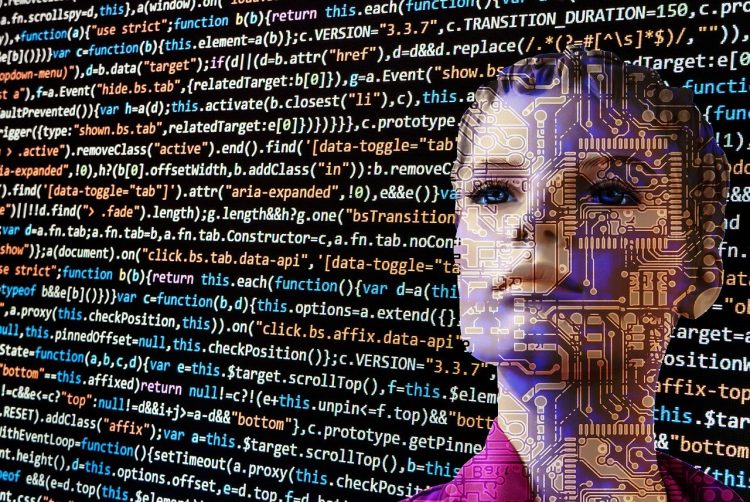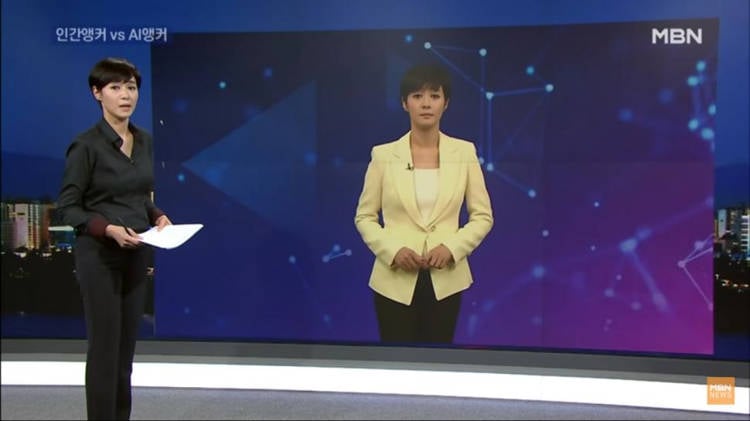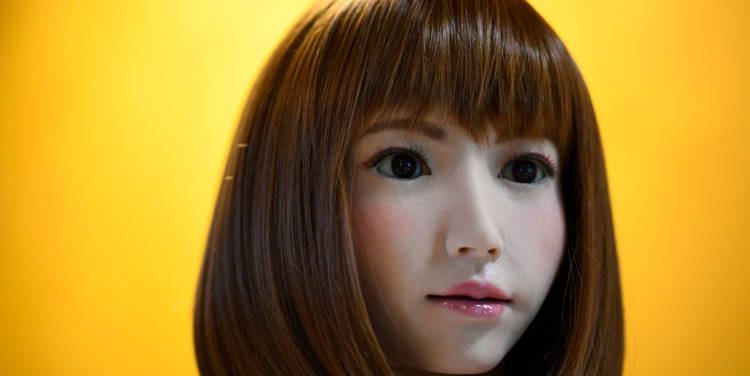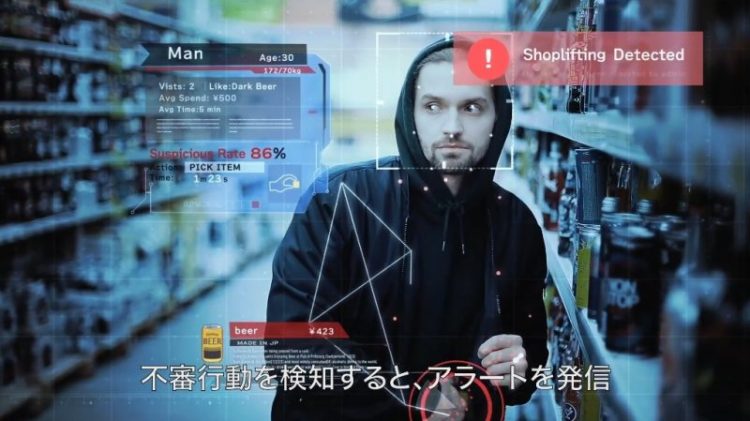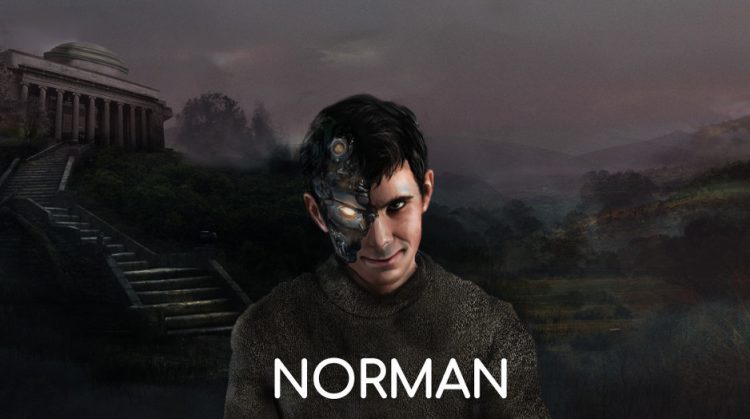Researchers in China claim to have developed an advanced AI that is reportedly capable of identifying crimes and filing charges against those suspected of committing them.
There is no denying that advancements in artificial intelligence are being made at breakneck speeds and that many of us will one day lose our jobs to a tireless machine, but I doubt anyone imagined prosecutors would find their jobs threatened by machines anytime soon. And yet, if Chinese researchers are to be believed, there is already an AI system that can replace human prosecutors “to a certain extent” and file a charge with over 97 percent accuracy, based on a description of a suspected criminal case.

